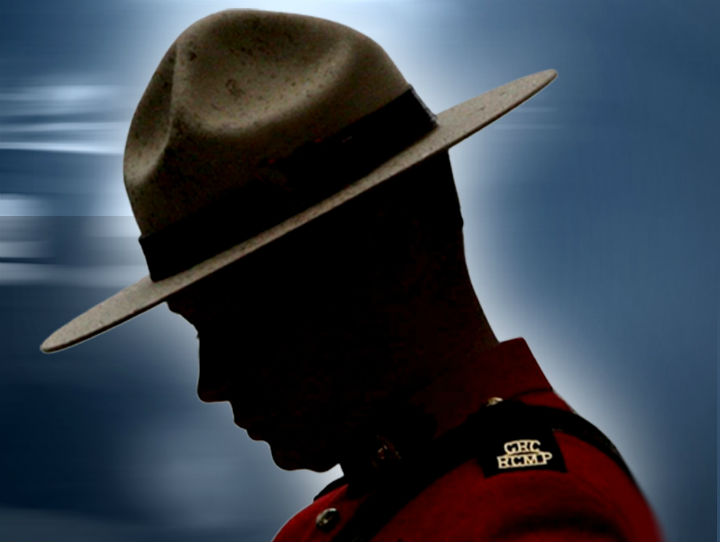A former Mountie suffering from post-traumatic stress disorder after multiple postings in isolated, high risk communities has filed a lawsuit against the federal government.

In a statement of claim filed in Federal Court in Halifax, a lawyer for John Christopher Bewsher said he was exposed to “psychologically traumatic events” in Labrador and Nunavut and received no psychological evaluation, support or counselling.
The claim said Bewsher was stationed in remote northern communities despite a psychological test early in his career that concluded an isolated post presented a risk to him, and further testing that showed he exhibited signs of “mild to moderate psychological dysfunction.”
Bewsher, who was medically discharged in February and now lives in the Halifax suburb of Bedford, is suing Ottawa as well as a doctor and a psychologist who worked for the RCMP.
READ MORE: ‘I have nightmares all the time’: Calgary clinic offers hope for veterans suffering from PTSD
The claim alleges that the failure to disclose the results of the psychological testing was a breach of the national police force’s fiduciary duty to the former sergeant, violating his charter rights.
“Without full knowledge of his own medical condition, Mr. Bewsher and his family were deprived of the opportunity to make informed decisions about his career with the RCMP,” the claim filed in April said, adding that “he lacked the necessary knowledge to take appropriate steps to protect himself from the effects of psychologically traumatic events as they occurred.”

Get breaking National news
In a statement of defence, however, the federal government said the lawsuit should be dismissed.
The Crown noted that there was no evidence that Bewsher was experiencing psychological problems, and he repeatedly reported enjoying his work in the north.
“There was no indication that (Bewsher) was suffering from any psychological condition, or any other condition, that made him unfit or unsuitable for his desired posting,” the statement of defence filed earlier this month said.
Periodic health assessments, which include a self-reported questionnaire and a physician assessment, did not reveal any psychological problems or other concerns, the defence said.
In addition, the Crown said RCMP members can access psychological services “at all times.”
During his career, Bewsher was posted to four isolated communities, one of which was also designated a “high risk” location.
In 1998, he was posted to Hopedale, N.L. – a community on the Labrador coast considered high risk – followed by three isolated postings in Nunavut: Resolute Bay in 2003, Pond Inlet in 2005 and Kugluktuk in 2006.
In each location, Bewsher was “exposed to psychologically traumatic events,” according to the claim. There are no details as to the nature of the traumatic events.
READ MORE: Invisible Wounds: Crisis in the military
Julien Matte, Bewsher’s lawyer, declined to provide additional information when reached Wednesday. He said more details would emerge if the matter proceeds to trial.
Bewsher also declined to comment on the legal proceedings, or what traumatic events contributed to his PTSD. However, he noted that postings are two years in duration.
In 2007, while Bewsher was in Kugluktuk, the RCMP came under fire following the deaths of two young constables elsewhere in the north.
Const. Christopher Worden, 30, was gunned down in Hay River, N.W.T., in October 2007 while responding alone to a trouble call. A month later, Const. Douglas Scott, 20, was fatally shot while responding alone to a drunk-driving call in Kimmirut, Nunavut.
The deaths exposed the risks facing Mounties in remote locations and prompted the RCMP to approve a new backup policy requiring at least two officers to respond to the most dangerous calls in remote areas.
Bewsher began to experience symptoms in 2008 that were later associated with PTSD, according to the statement of claim.
In 2016, he was diagnosed with PTSD, “prematurely ending Mr. Bewsher’s career resulting in the lost opportunity to complete a full career with the RCMP and receive all the benefits associated with it,” the claim said.
Bewsher is seeking damages for pain and suffering, loss of past and future employment income and benefits, and loss of future pension.
But the Crown argued that Bewsher is receiving a disability pension for PTSD, and said the legal action should be dismissed.







Comments
Want to discuss? Please read our Commenting Policy first.